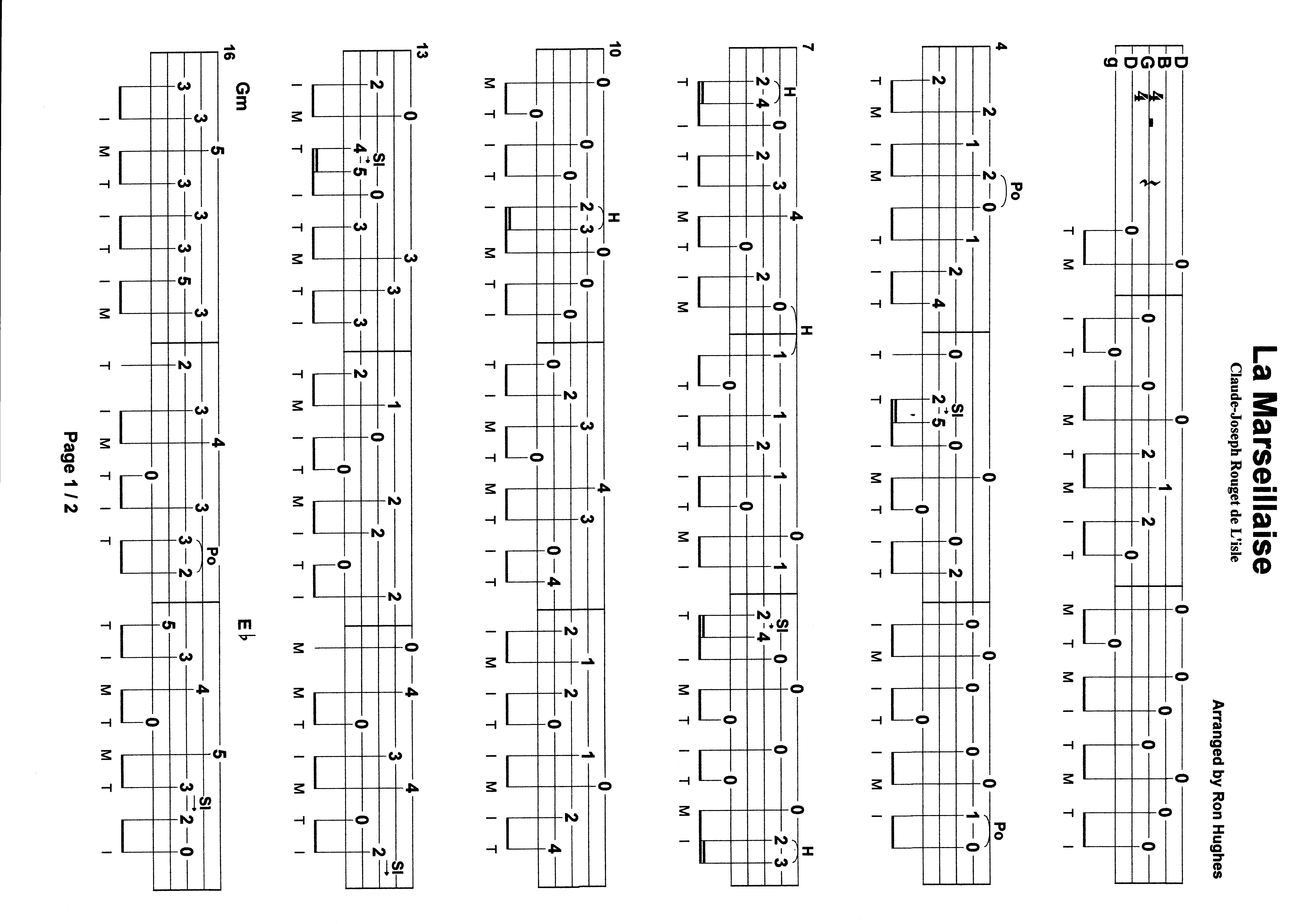


Once you are aware of the cost and time criticality, then what you need to figure out is how you can move forward to actually make that decision Q4. So the decision to go for another job can be postponed to a few weeks or at best, to a few months, right ? It might reach a point that your job is at risk due to your non-performanceĪt the same time, your stress levels will increase, impacting your health and mental wellbeingĪnd eventually, you might reach a stage where you can’t handle it any more and you may experience a breakdown In such a case, what will happen with time is that your performance and productivity will continue to get impacted negatively Let’s take the previous example again – you being stuck in a dead-end job This question is in a way, linked to both the above questionsīut it highlights how long can you adjust with the current situation How long can you afford NOT making the decision ? The other way to think about it is this - what will happen if you don’t decide ? Both in short term and long termĪlso, think about the cost in terms of tangible as well as non-tangible ways So whatever decision you are procrastinating today, think about the cost. You are paying a huge cost of indecisiveness in such a case Stress and anxiety may start impacting other areas of your life as wellĪnd the more you stay in that job, chances are that things will get bad to worse Remaining in that job means you are probably highly demotivated – it sucks up all your energy, you are not enjoying any moreĪll this can take a huge toll on you. What you are not realizing is that there’s a huge cost you are paying by not taking that decision You want to quit but you are not sure whether the next job will be better than your current job
Let’s say you are stuck in a dead-end job
#Tabledit riders on the storm full
Most of the time, you are actually not aware of the full cost of NOT taking a decision What is the cost of NOT making the decision ? The other is the impact, hence the next question…. If the decision is not important to you, then why worry about it at all ?īut if you deem it to be an important decision, then time sensitivity is one aspect to consider However, as time passes and you inch closer to mid-day, that decision assumes more priority, right ? Now you need to decide what to have for lunchīecause you are not feeling hungry, this is not an important decision Say it's morning 9 am and you just had your breakfast This might seem to be a stupid question, but believe me, it is an important oneīecause if you don’t feel it is important, then you will sit on it forever Is the decision important to you or not ? So if you struggle to make decisions generally or there is a decision you are holding back currently, here are 6 powerful questions I have created, which can help you overcome indecisiveness or inaction Q1. They own them completely – the consequences, the accountability What happens if things don’t go the way you had thought ?Īnd this is where highly successful people really stand out They make powerful decisions and take actions

Indecisiveness is probably one of the biggest reasons of failureĪctually, more than taking the decision itself, you are sometimes not willing to take the accountability of those decisions Whether is it business or personal life, you will almost never have enough time and information to take the “best” decisionĪnd that leads to my discussion today. Of course, hindsight will always be 20/20 and if you had more time and information, maybe your decisions in specific situations could be different Sometimes, you may not have enough informationīut in almost all cases, you make decisions based on the best available information on hand at that point in time, right ? It’s the impact of those decisions which make them seem good or bad You want to be 100% sure of success, before you decide somethingīut what you forget is that…. Most people are afraid that they will make a bad decision. People remain confused and in a state of indecisiveness way too long Which is where I find most people struggle todayįrom simple decisions such as what to eat to more important decisions such as making a career move, Sometimes, the decisions were based on data and at other times, based on intuitionĮither ways, indecisiveness was NOT an option Speed of decision making was key, since it involved safety of the people onboard and safety of the ship itself as an asset Whether it was maneuvering the ship in narrow waters to avoid an imminent collisionĪnd many such real-life and rapidly changing situations out at sea Whether changing the route of the ship to avoid a storm developing ahead When I was sailing as a Captain, one of the key skills I developed was quick decision making


 0 kommentar(er)
0 kommentar(er)
